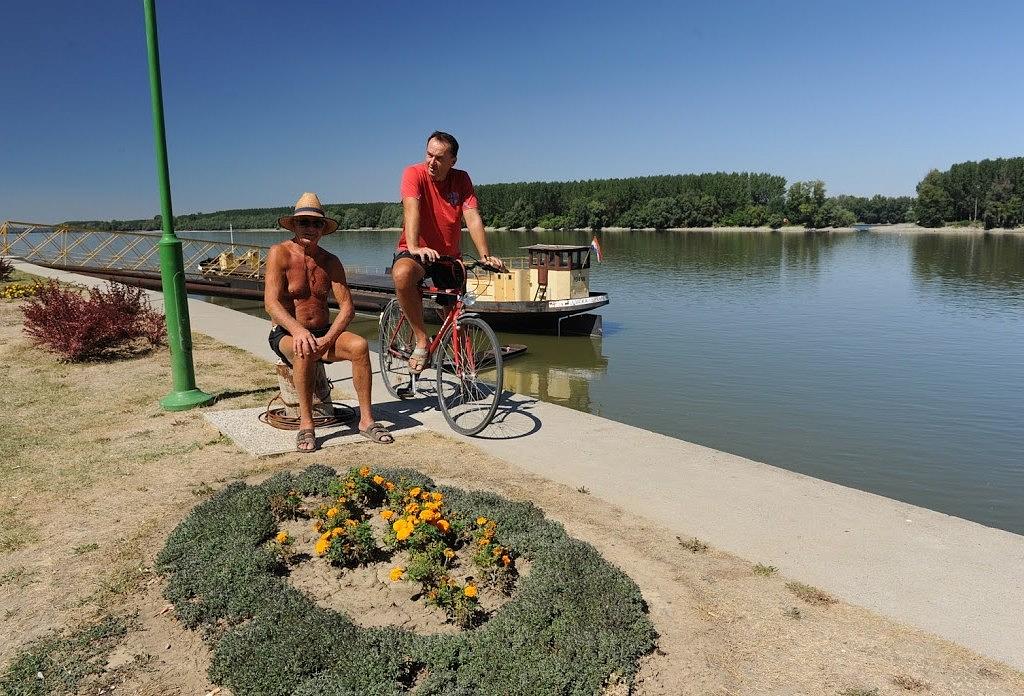Romanian authorities kick off feasibility study for first Danube Delta bicycle lane



The South East Regional Development Agency in Braila expects to have by the end of the year the feasibility study for the first bicycle lane in the Danube Delta, said the agency’s director Luminița Mihailov, quoted by Agerpres.
The feasibility study is part of a series of activities undertaken this year by the Romanian authorities in the European project Transdanube Pearls – Network for Sustainable Mobility along the Danube. As part of the same project, the agency will update the Danube Delta Mobility Plan and open a Sustainable Mobility Center in Tulcea.
“We are trying to promote new sustainability models in the Danube Delta, a different means of getting to tourist destinations, using sustainable transport means. We have eco boats, bicycles, the kayak-canoe concept. It is important that people know what accommodation units offer ecological means of transportation,” Mihailov said.
The planned Sustainable Mobility Center will promote various cycling routes as Romania does not have at this point a government decision on the national cycling routes network.
The Regional Development and Tourism Ministry drafted a government decision project in 2011 concerning such a network. “In 2012 it reached the public debate phase. At this point, nothing is known regarding this,” said Diana Bota, a principal expert with the Danube Delta National Research Institute. The project raised concerns at the time because of the high number of accidents on the national roads, the institute’s representative explained.
Transdanube Pearls focuses on the need to establish sustainable mobility solutions and tourist services that rely on the use of eco-friendly means of transport such as trains, buses, ships or bikes. For this purpose, a network of destinations (“Transdanube Pearls”) committed to sustainable mobility in tourism will be developed, with the goal to improve sustainable mobility to, within and between these destinations, and aiming to reduce the need for private car transport.
The EU project kicked off at the beginning of this year and will last for 2.5 years. It is co-funded by the Interreg – Danube Transnational Programme with an overall budget of EUR 2.9 million. The Romanian institutions partnering in the project are the South East Regional Development Agency, the Tulcea County Council, the National Tourism Institute for Research and Development, and the National Tourism Authority.
editor@romania-insider.com
(Photo source: www.interreg-danube.eu)